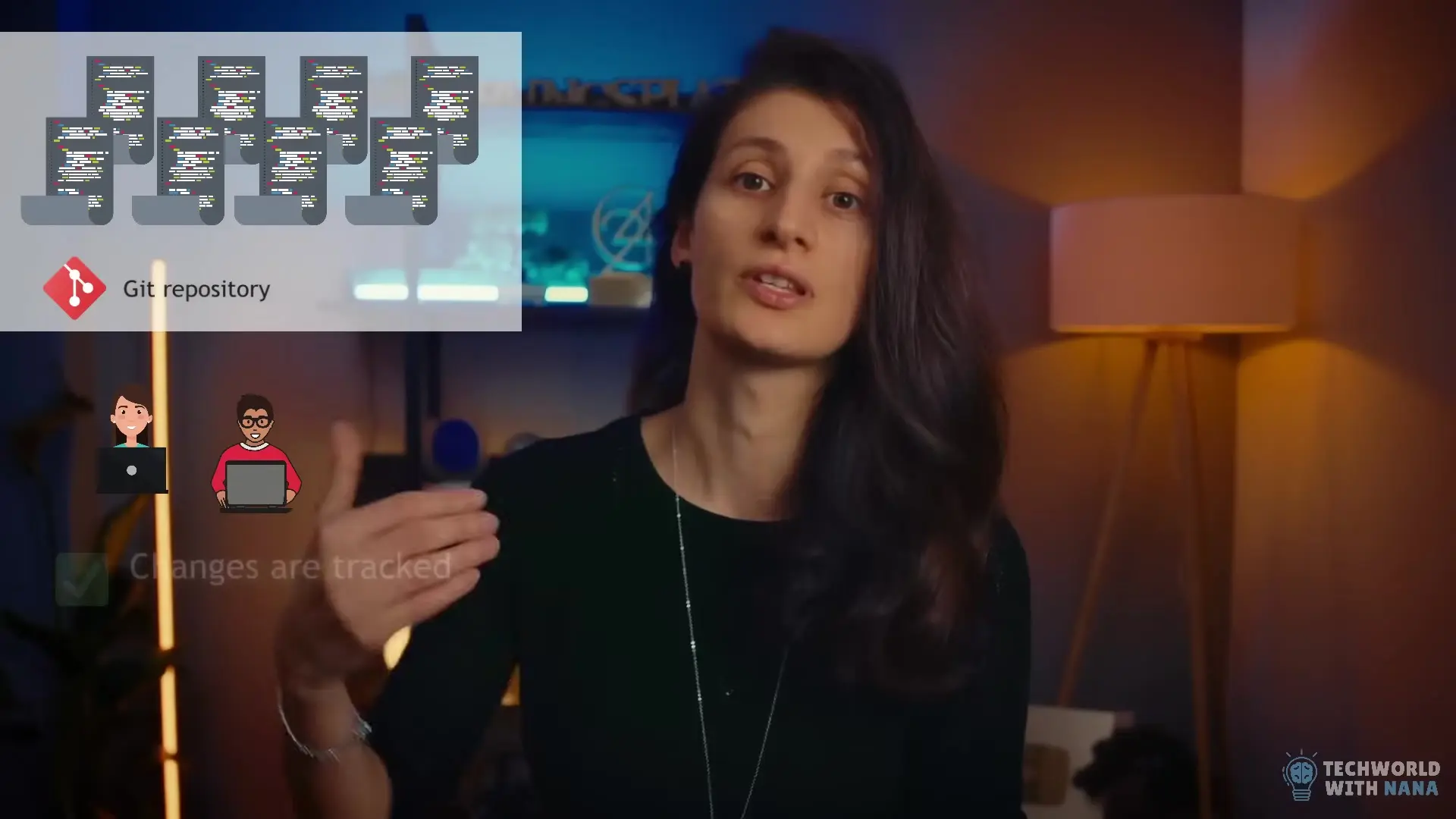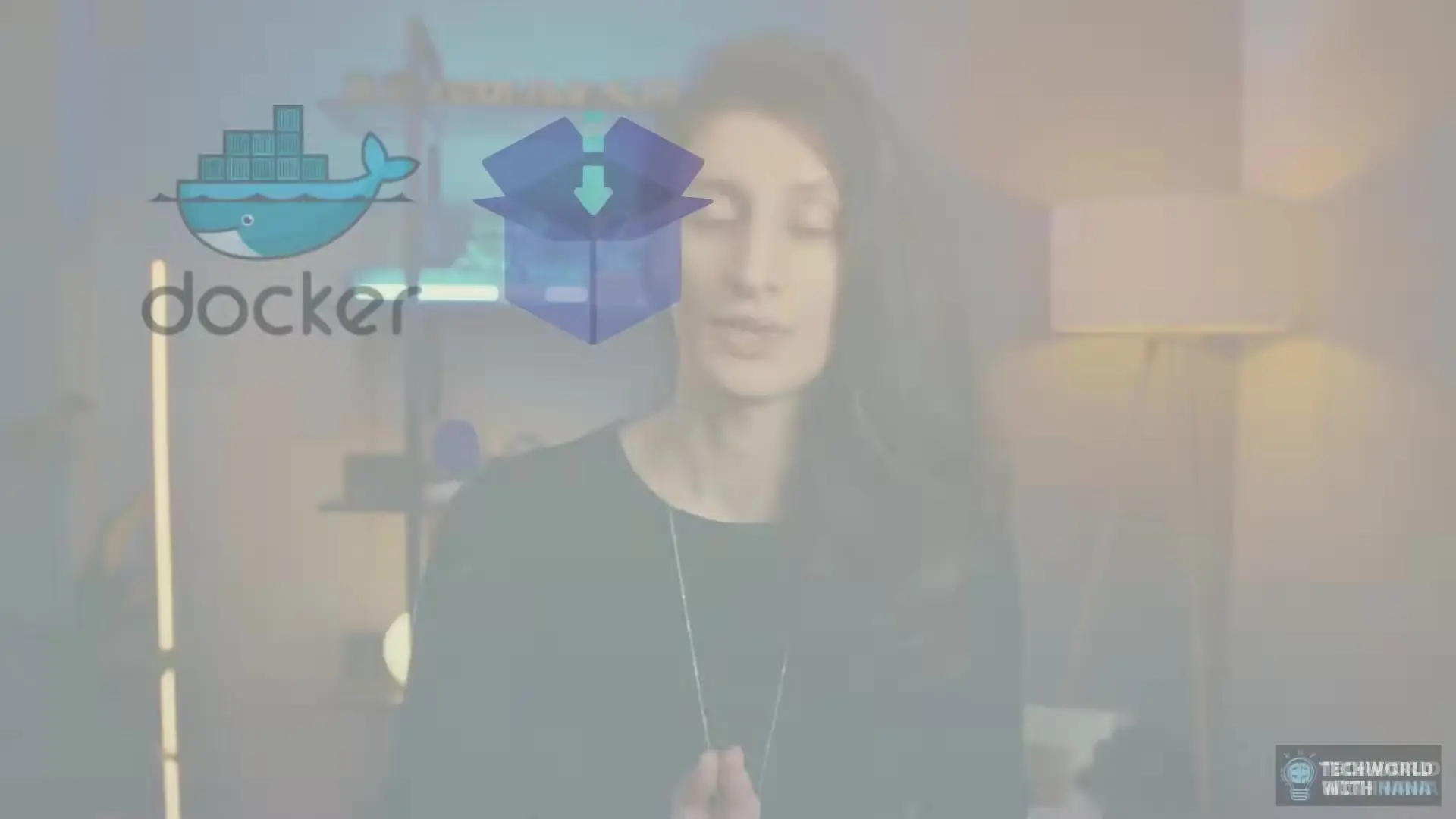
With AI threatening to replace many traditional IT roles like test engineers, database administrators, and data analysts, DevOps has emerged as one of the fastest-growing and future-proof engineering professions. If you've recognized the importance of DevOps for your career but feel overwhelmed about where to start, this comprehensive roadmap will guide you through the journey of becoming a DevOps engineer in 2025.
Breaking Down the DevOps Journey
No matter how complex a subject might seem, it can always be broken down into manageable pieces. Rather than presenting an overwhelming list of technologies, we've structured the DevOps roadmap into four progressive stages that build upon each other. This approach ensures you develop your skills in a logical sequence, making your learning journey smoother and more efficient.
Think of DevOps as a symphony orchestra where various tools play critical roles, with the CI/CD pipeline acting as the conductor that brings everything together. This pipeline is the backbone of DevOps, orchestrating the harmonious flow of code, builds, tests, and deployments.
Why DevOps Engineers Are in High Demand
Before diving into the roadmap, it's important to understand that DevOps engineering is not an entry-level role. It's a highly valuable skill set that professionals in various IT positions—such as software developers looking to stand out or system administrators aiming to stay relevant—build on top of their existing expertise. The demand for DevOps engineers continues to grow as organizations recognize the value of streamlined development and deployment processes.

Stage 1: DevOps Prerequisites
Before diving into DevOps-specific technologies, you need to build a solid foundation with these prerequisite skills:
Linux Operating System
Linux is the common stage for our DevOps orchestra. Almost every tool in the DevOps ecosystem runs on Linux, making it an essential skill to master. You'll need to learn how to navigate the shell, manage processes, understand file permissions, and work with Linux commands and scripting.
Whether you're running pipelines or spinning up servers for Kubernetes, it's all powered by Linux. Most containers use Linux images, and as a DevOps engineer, you'll primarily work with remote servers on cloud platforms that use Linux operating systems.
Git Version Control
If Linux is the stage, Git is like the sheet music for our orchestra. It ensures everyone plays from common documentation and changes are tracked transparently. Git tracks changes and ensures that everyone in the team is working with the same code base.

You'll need to learn about branching strategies like Git Flow and trunk-based development, as well as platforms like GitHub and GitLab. Git plays a central role in the "everything as code" philosophy that underpins DevOps practices, including infrastructure as code and configuration as code.
- Master basic Git commands (commit, push, pull, merge)
- Learn branching strategies and workflows
- Understand how to resolve conflicts
- Become proficient with pull/merge requests
- Practice collaborative development using Git
Build and Package Management
When developing applications, you'll work with numerous libraries and modules created by others. These dependencies have versions and release cycles, with bugs being discovered and new features being added regularly. Package management tools help you handle these dependencies efficiently.
Different programming languages have their own package managers: npm for JavaScript, Gradle and Maven for Java, pip for Python, and so on. These tools resolve dependencies, handle compatibility issues, and allow you to run automated tests on your application code.
Stage 2: DevOps Fundamentals
Containerization with Docker
In our orchestra analogy, Docker containers are like instrument cases that ensure each application is safely packaged with all its dependencies. Just as a good instrument case protects valuable instruments during transport and keeps all necessary parts together, Docker encapsulates applications and their dependencies, ensuring consistency regardless of where they're deployed.

Learning Docker is an absolute essential skill for any DevOps engineer in 2025. You'll need to understand how to create Dockerfiles, build images, run containers, and manage container networking and volumes.
Artifact Repositories
Artifact repositories are like storage rooms for our containerized applications. They provide a secure, organized place to store Docker images and other artifacts, making them easily accessible whenever needed.
Before Docker, we stored artifacts like JAR files, WAR files, and ZIP files built with packaging tools without standardized containers. Modern artifact repositories provide version control, access management, and efficient distribution of your application packages.
The "Everything as Code" Philosophy
A core concept in DevOps is treating everything as code (XaC). This approach means coding configurations that were previously done manually on engineers' local machines. Infrastructure as code, configuration as code, and pipeline as code all fall under this umbrella.
By storing all configuration as code in repositories, teams can collaborate efficiently using Git features like merge requests, conflict resolution, branching, and various Git workflows. This ensures consistency, reproducibility, and version control for all aspects of your infrastructure and deployment processes.
Stage 3: CI/CD Pipeline - The Backbone of DevOps
The Continuous Integration/Continuous Deployment (CI/CD) pipeline is like the conductor of our DevOps orchestra, bringing all the components together in a harmonious workflow. This automated pipeline ensures code changes are regularly built, tested, and deployed to production environments.
- Continuous Integration: Automatically build and test code changes
- Continuous Delivery: Automate the release process up to production
- Continuous Deployment: Automatically deploy changes to production
- Pipeline as Code: Define your pipeline using code for version control and reproducibility
Popular CI/CD tools include Jenkins, GitLab CI/CD, GitHub Actions, CircleCI, and ArgoCD. Learning how to set up and manage these pipelines is crucial for a DevOps engineer.
Stage 4: Cloud and Infrastructure
The final stage involves mastering cloud platforms and infrastructure management:
- Cloud Providers: AWS, Azure, or Google Cloud Platform
- Infrastructure as Code: Terraform, AWS CloudFormation, or Azure Resource Manager
- Configuration Management: Ansible, Chef, or Puppet
- Container Orchestration: Kubernetes for managing containerized applications at scale
- Monitoring and Observability: Tools like Prometheus, Grafana, and ELK stack
Learning DevOps in the Right Order
The sequence of learning is crucial for an efficient DevOps journey. By following this roadmap's order, you'll build knowledge in layers, with each concept building on previous ones. This approach significantly reduces learning time by preventing the need to constantly backtrack when you encounter concepts that require prerequisite knowledge.
Remember that DevOps is not just about tools but also about culture and practices. As you progress through these stages, focus on understanding the principles behind DevOps: collaboration, automation, continuous improvement, and customer-centric action.
Conclusion: Your DevOps Journey
The DevOps roadmap for 2025 may seem extensive, but by breaking it down into these four progressive stages, you can approach it methodically and build your expertise step by step. DevOps engineers remain in high demand as organizations continue to recognize the value of streamlined development and deployment processes.
Start with the prerequisites, master the fundamentals, learn to orchestrate CI/CD pipelines, and finally explore cloud and infrastructure management. With dedication and this structured approach, you'll be well on your way to becoming a skilled DevOps engineer ready for the challenges of 2025 and beyond.
Let's Watch!
The Complete DevOps Roadmap for 2025: Master These 4 Essential Levels
Ready to enhance your neural network?
Access our quantum knowledge cores and upgrade your programming abilities.
Initialize Training Sequence